The story of a girl who was held hostage to the system for nine years
Therese Galea on being stuck in the Maltese Foster Care system for nine years of her life.
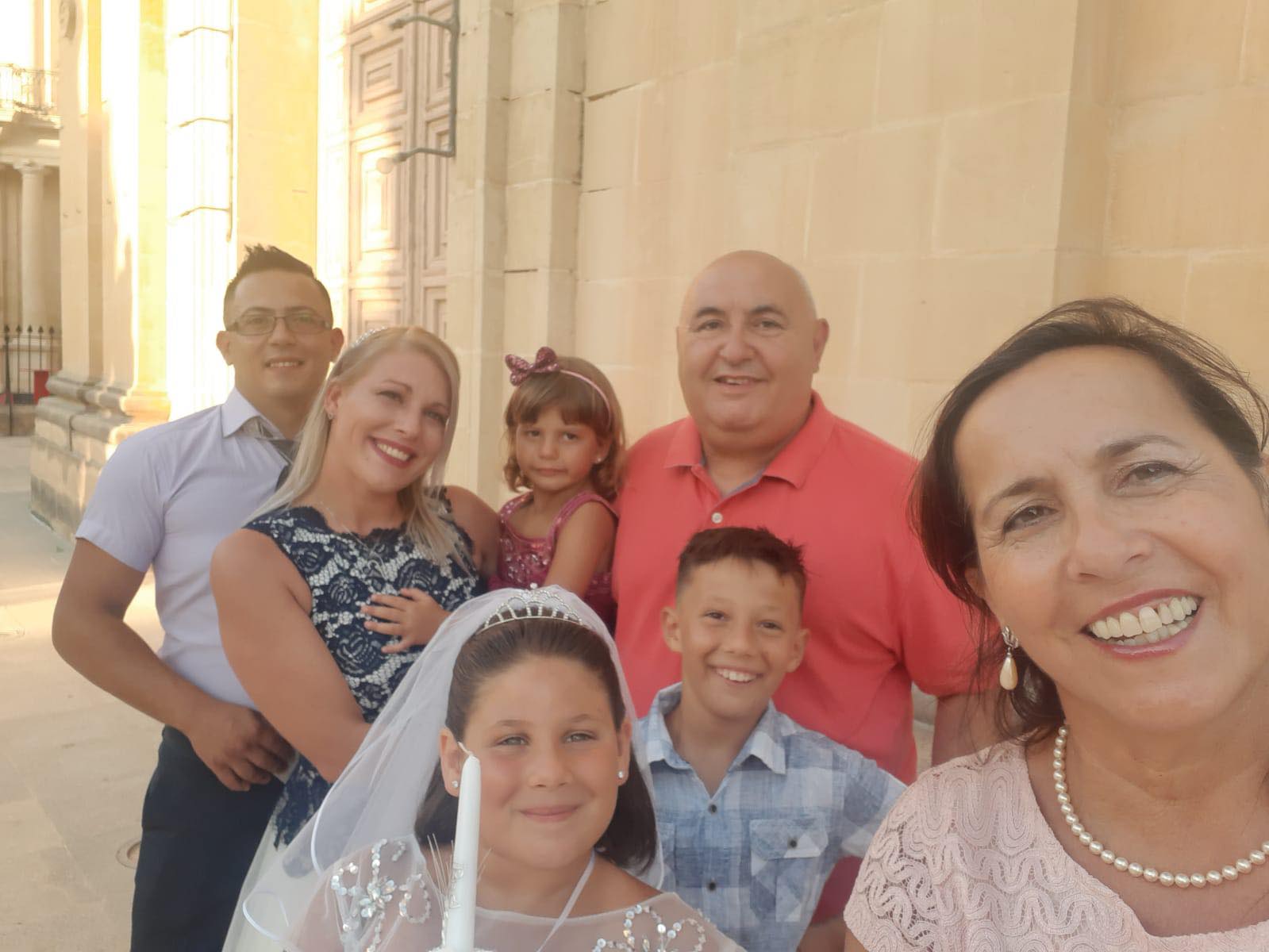
Therese Galea was born on the seventh of August, 1990 and was taken straight from the hospital to an orphanage, due to her parents being involved with drugs and prostitution.
One of the first memories Theresa has as a child was when she was five years old and her biological parents wanted her back, so Therese stayed with them for a whole weekend. She said "It was a terrible weekend, it was the worst weekend ever."
They took Therese to her aunties house, where she was shut inside a dark room, while there were thunderstorms and rain. This has traumatised Therese, making her, to this day, afraid of lightening and the dark.
During this visit with her biological parents, she witnessed her father doing all kinds of drugs. She saw him injecting things into his arm and sniffing substances.
The weekend ended abruptly when Therese's mother tried to throw boiling pasta water all over her. She ran to the nearest store where they called the police and Therese was taken back to the orphanage.
Although Therese has these bad memories engrained in her, she also has some good memories aged five, which she still holds onto.
She told me about a family that used to take her out on the weekends. She loved going out with this family because they took her to the sea and she could be with other kids her age. She said "We are still meeting and talking until today."
Therese went through many hardships with the system. Her social worker changed nine different times and after the sixth social worker, she told me that she couldn't trust anyone and became very rebellious.
Therese spoke about a specifically traumatising time in her life; her last two years in the institution. One of the nuns used to hit and beat Therese.
Trying to stay positive, Therese spoke about a nun who loved her and would always stay by her side and make her feel safe. She said "There are always ups and downs, something can never be all good or all bad."
At the age of nine, Therese met her current foster mother, Anna. She told me, laughing, that it was one of the worst meetings she had because she got in trouble for playing with a stray cat.
At first, Therese really struggled to settle into her new foster family. She said "I was very difficult in the beginning, I didn't trust, I didn't love. I used to hide under the bed."
She had moved around families so often that she had gotten used to going to another family and then going straight back to the orphanage.
After four years, at the age of 13, Therese began to feel comfortable with her new family, telling her mother (foster) that she loved her for the first time.
Therese said the system gave her no support when it came to education. At the age of nine, just before she joined her foster family, she couldn't even write her own name.
Therese pushed herself and worked hard with her new family. She got her O levels in English, Art and PE and she was the Maltese champion in figure skating and gymnastics. Later on in life, she passed many courses, including secretarial courses and a call-centre agent course.
"We fight for life, thats how I am."
A big issue that Therese believes the Foster Care system needs to focus on, is the early placements of children.
She thinks that no matter the situation, a child should be in a home from the moment they are born. This would prevent them from missing out on many years of their life, like she did.
Therese doesn't understand why these kids cant go straight into Foster Care, to families that are opening their hearts to try and help these children.
In the new legislation, The Minor Protection (Alternative Care) Act of 2020, a section states that a family can adopt their foster child after five years and in some cases, after three.
Therese doesn't agree with this as she believes if the child is happy with their foster family and vice-versa, they become a family and why shouldn't that be official?
Another issue that Therese believes the system needs to change is their focus on biological parents, who have far too many rights over a child they aren't able to take care of. She said "If the foster parents is fostering the kid, they should have custody. Not the biological mother."
She spoke about a friend of hers, that was also institutionalised, who was forced to see her biological parents. Forcing children into situations like these will stay with them for life and affect them mentally. She said "She is 30, like me, and she still tells me about these episodes."
Therese believes that in situations like these, the biological parents don't matter, the children do. The children are the ones that will grow up with issues that their parents caused.
She said that animals, who don't have their own voice, have people speaking for them, but children have no one. They have no rights, no voice and not enough support.
The last message that Therese wanted to share is that children deserve to have a life of their own and that they don't deserve to go through even a fraction of what she went through.
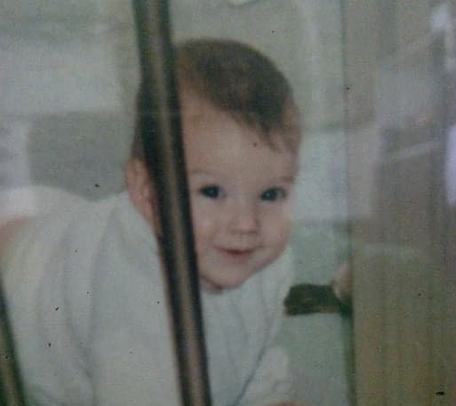
Therese when she was a baby.
Therese when she was a baby.
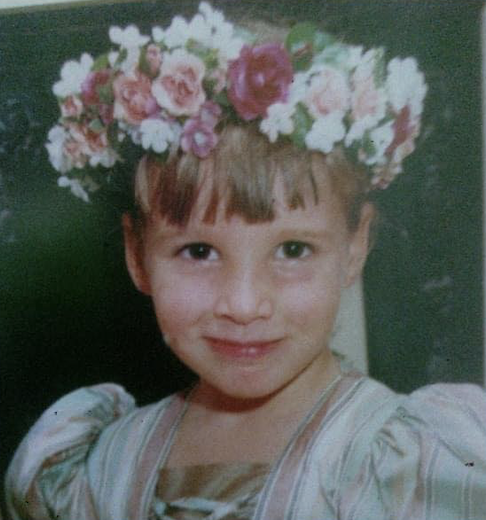
Therese as a young girl.
Therese as a young girl.
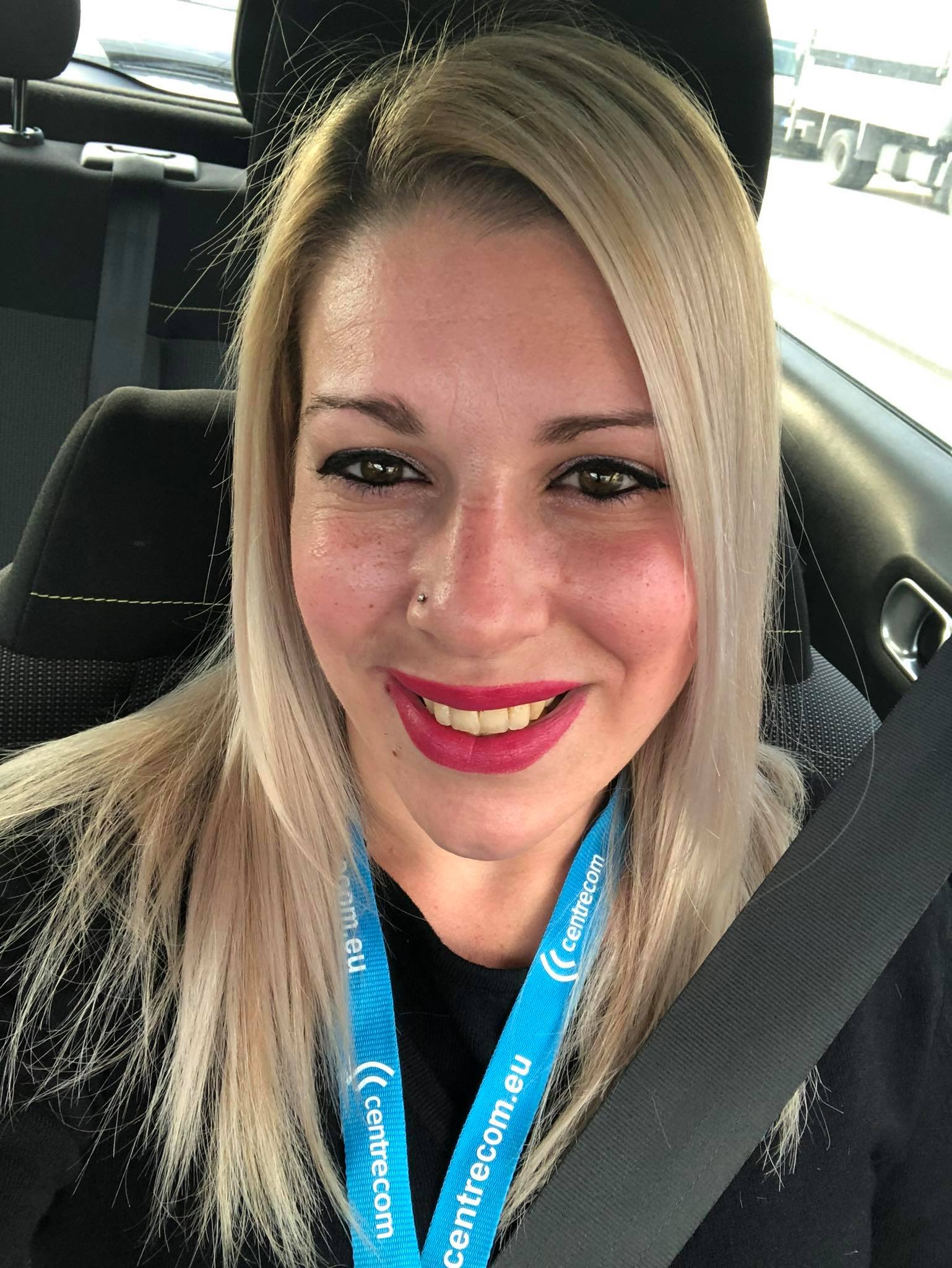
Therese recently, as a 30 year old woman.
Therese recently, as a 30 year old woman.
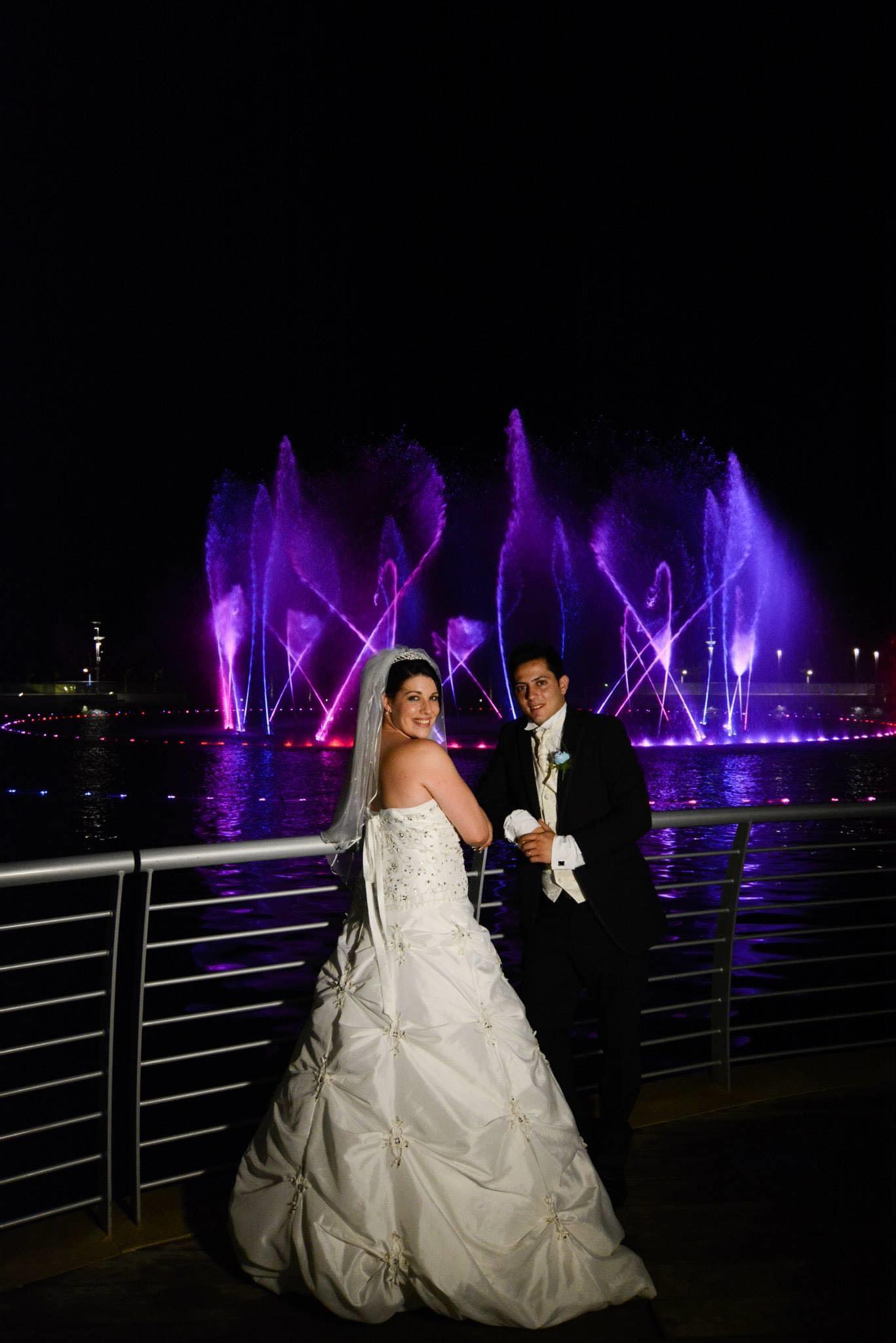
Therese and her husband at their wedding.
Therese and her husband at their wedding.
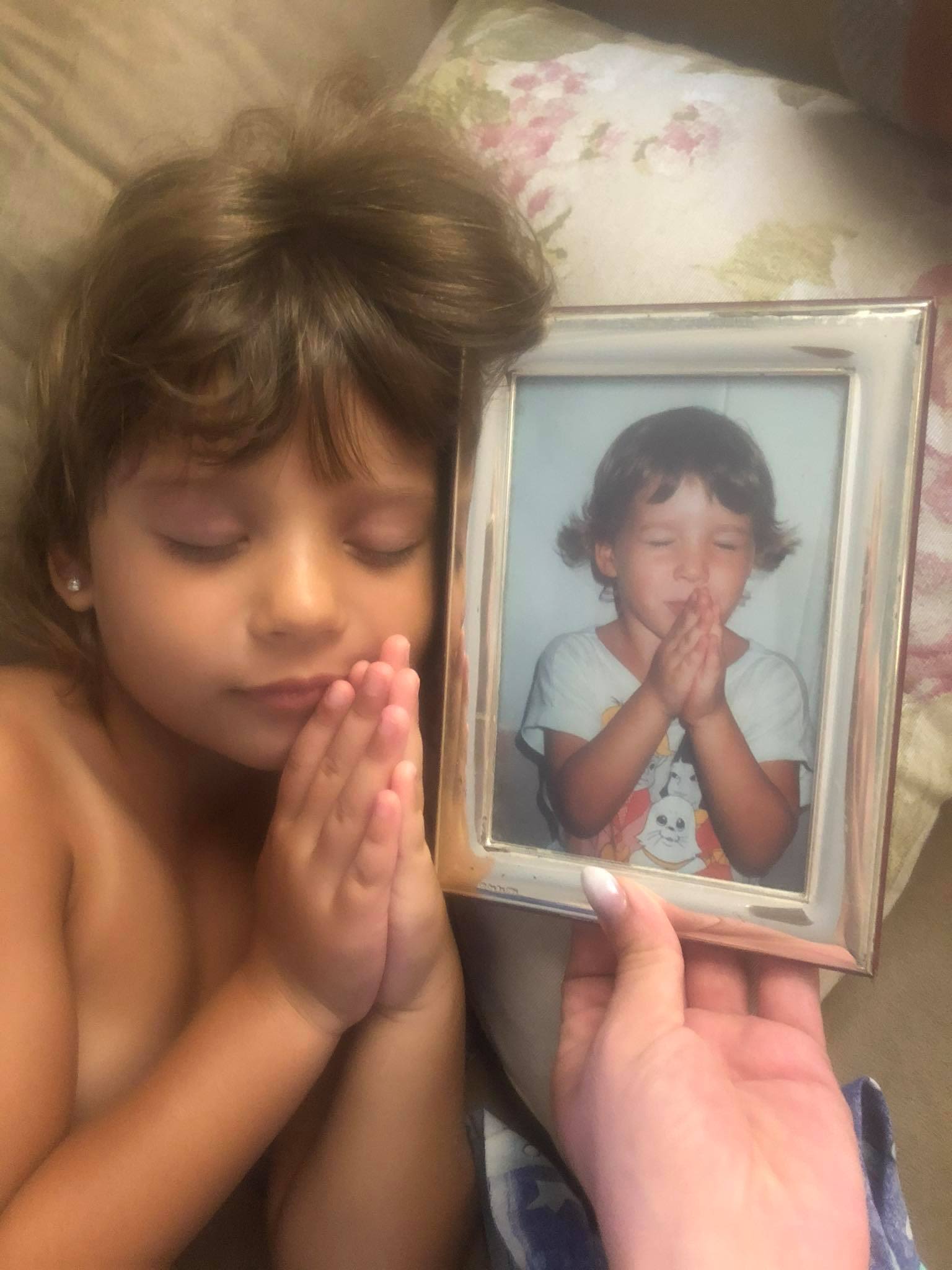
Therese's younger daughter next to a photo of Therese at a similar age.
Therese's younger daughter next to a photo of Therese at a similar age.
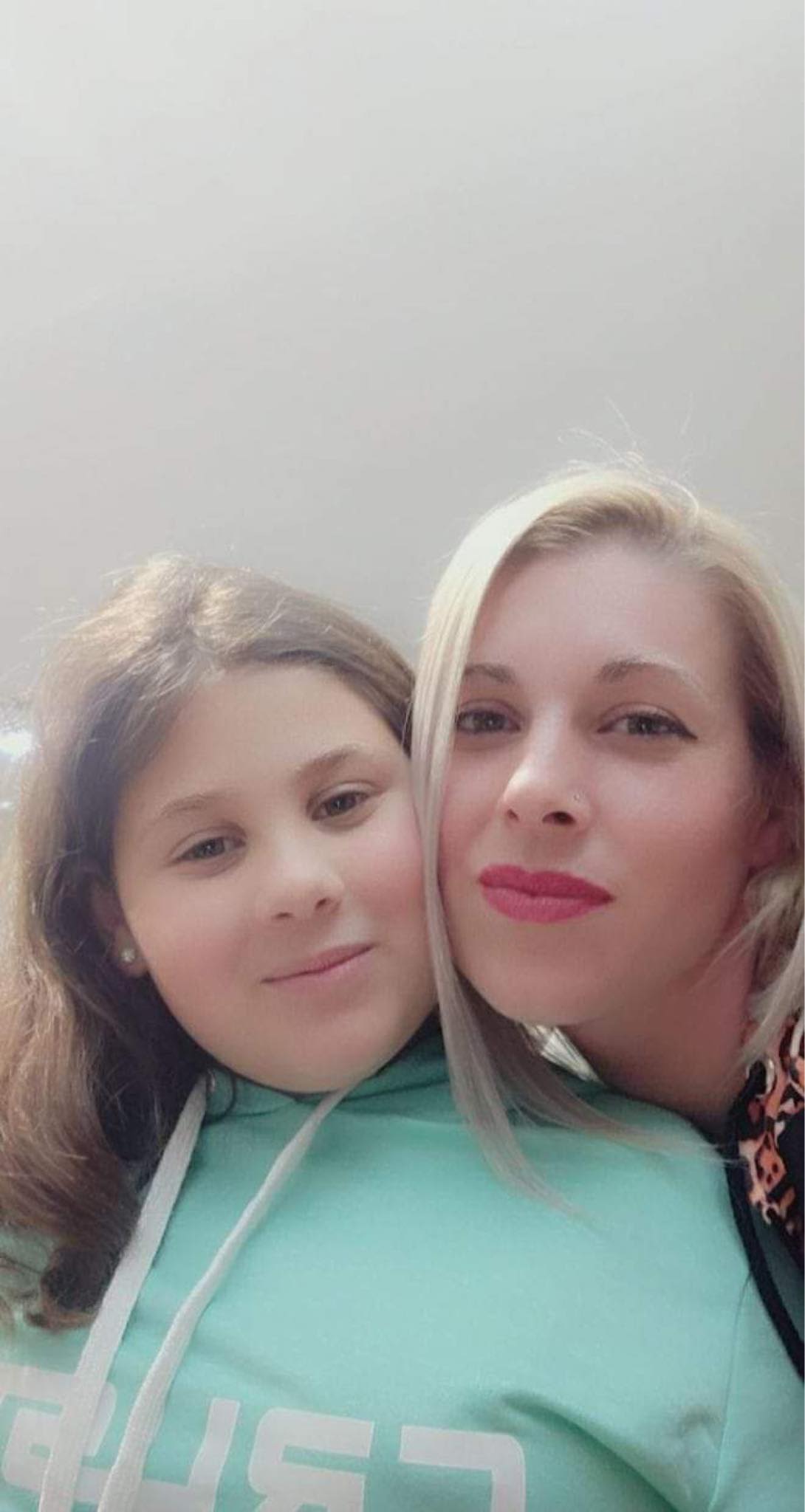
Therese with her eldest daughter.
Therese with her eldest daughter.
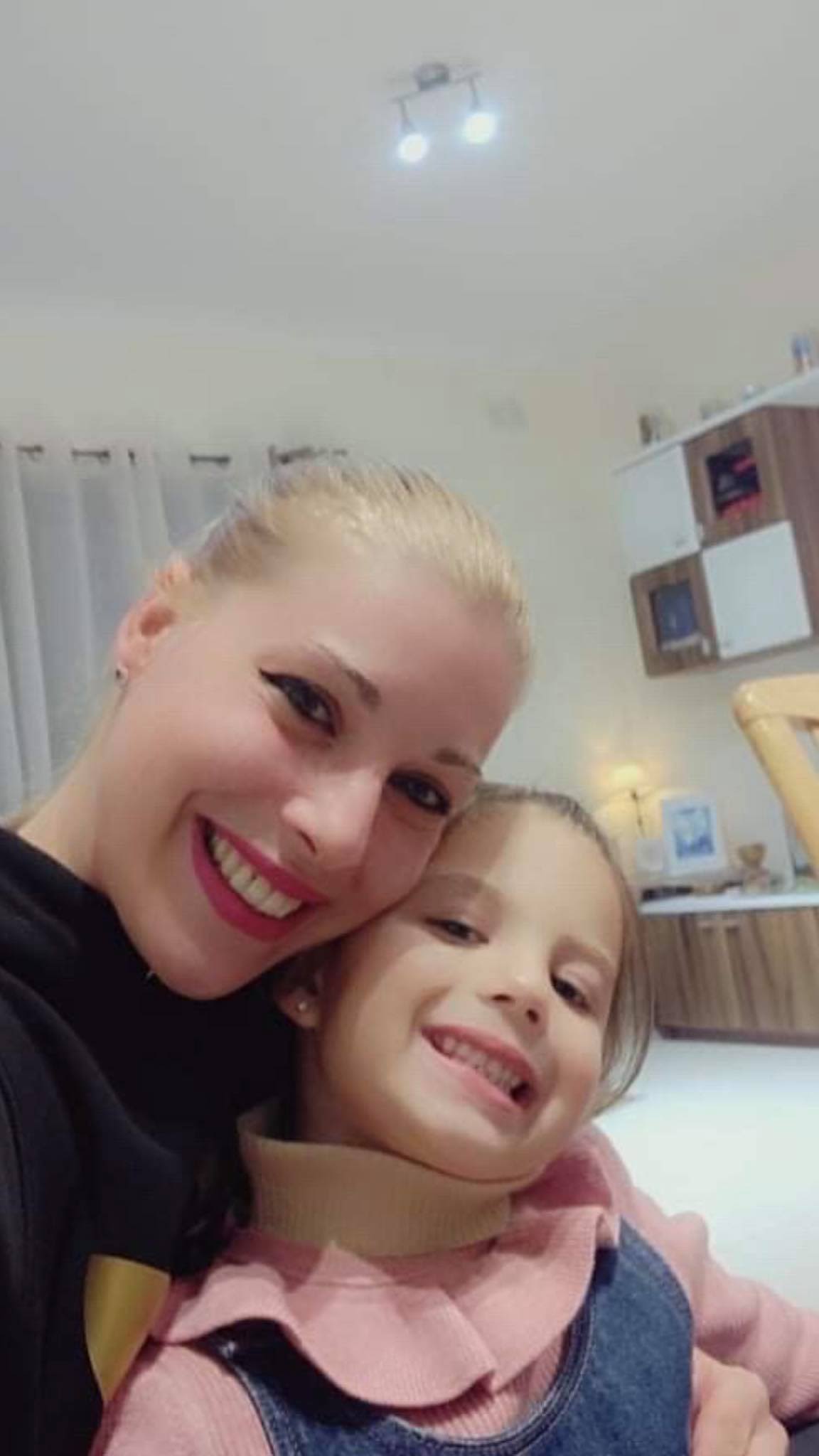
Therese with her youngest daughter.
Therese with her youngest daughter.
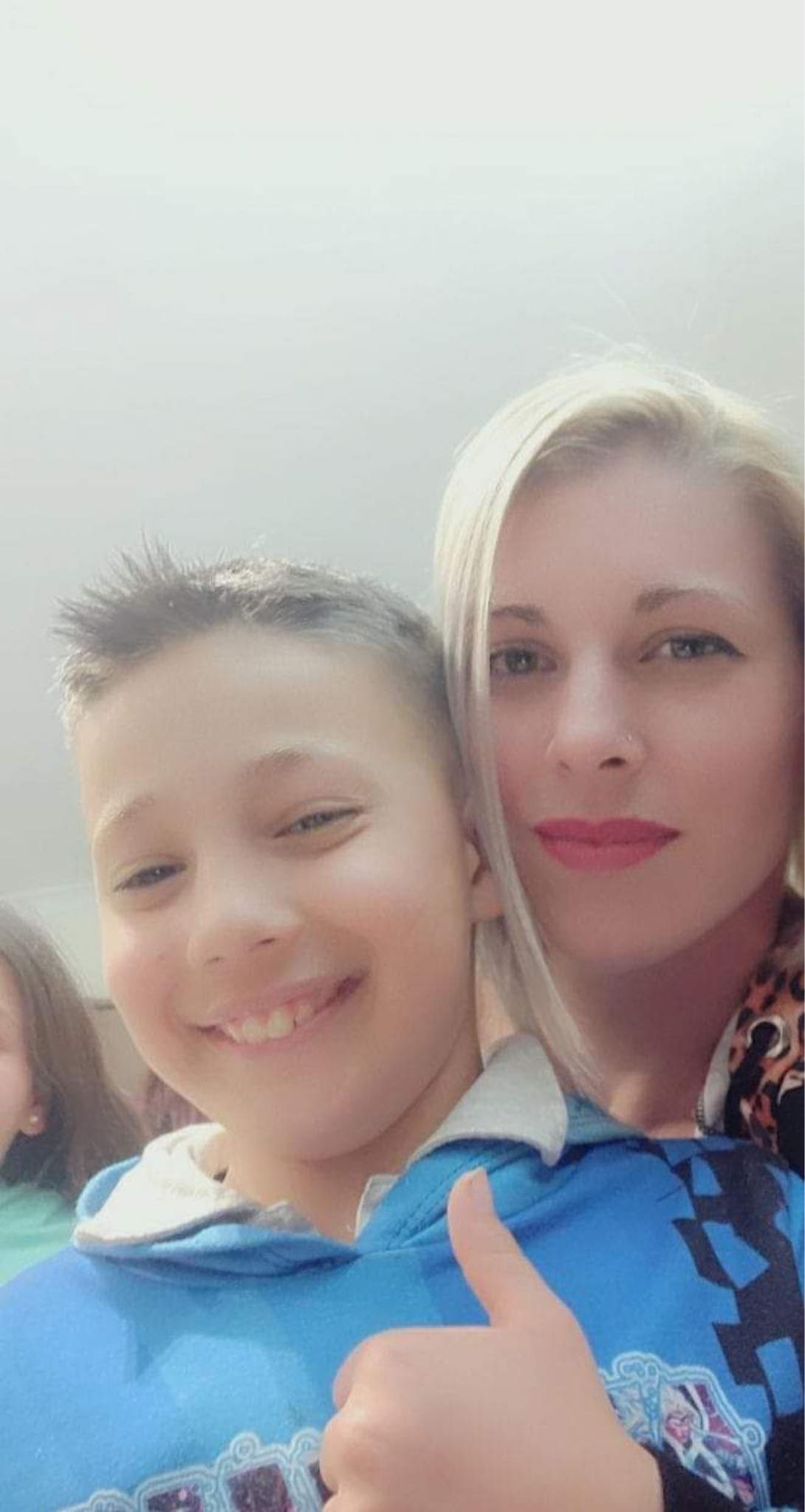
Therese with her son.
Therese with her son.
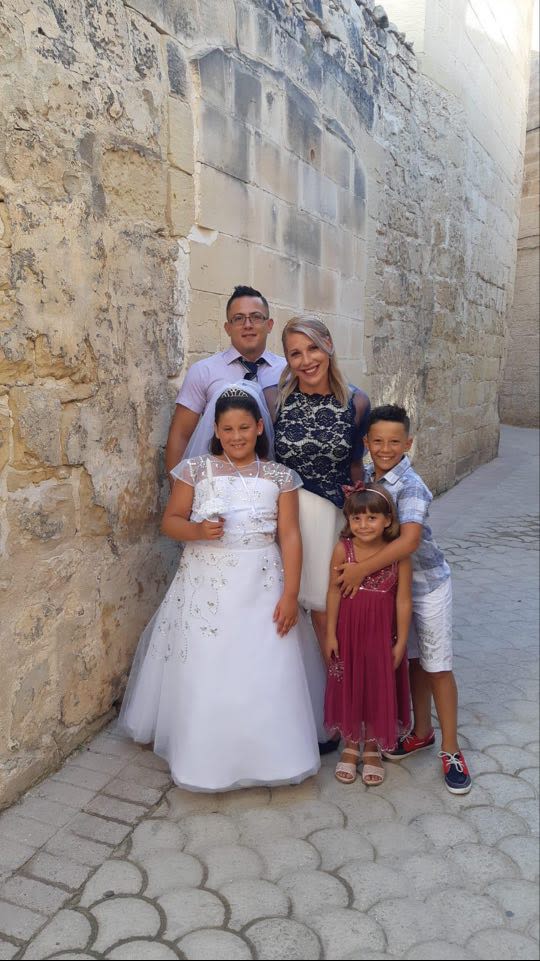
Therese with her three children and her husband.
Therese with her three children and her husband.
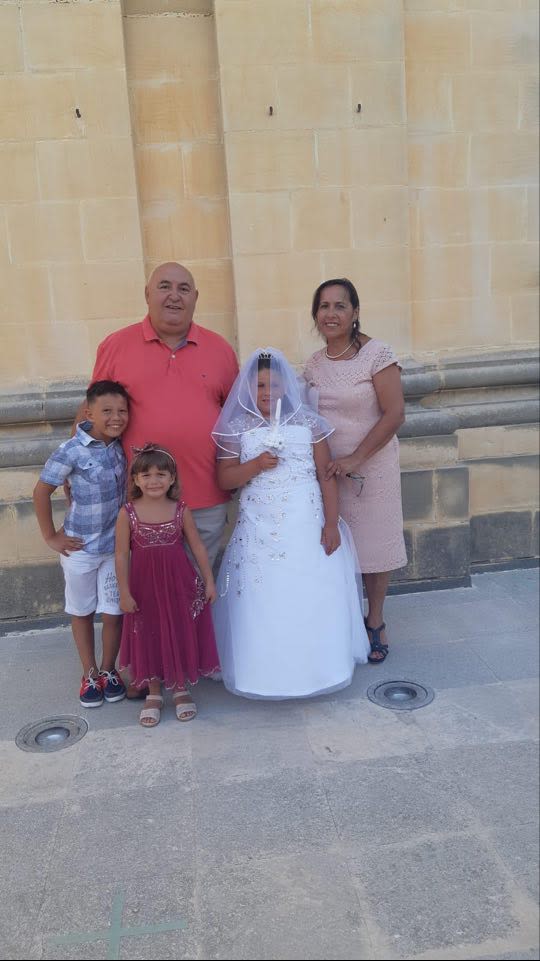
Anna and her husband with their grandchildren.
Anna and her husband with their grandchildren.
I spoke to Anna Azzopardi, Therese's foster mother. I describe her as Therese's foster mother but I should make it clear that although they may not be biologically related, she is Therese's mother.
Anna told me about how she got involved with fostering, explaining how she went through multiple miscarriages and tried IVF, but sadly nothing worked for her. This led to Anna and her husband deciding that they wanted to help children who needed it.
Anna said that at this time, during the 90’s, fostering wasn't known in Malta and that nobody knew what the word meant. People would take out children from children's homes on the weekends or during christmas holidays but that was the extent of it.
This meant that Anna and her husband inquired about taking care of children, they were only offered adoption. However, they were told that adoption in Malta was out of the question as there were only a few children, so they would have to adopt a child from another county.
Anna questioned this as she knew about all the children homes being full but was told that the biological parents didn't want their children to be adopted. She could only take the children out on the weekends, she didn't agree with this.
This is when Anna met Therese, when she was told about a nine year old girl who wanted a family. She could take this young girl out on weekends and start bonding with her. Hopefully, in the meantime, fostering would start to develop in Malta and she would eventually be able to foster Therese.
After five months, Anna was able to bring Therese home, for good.
Anna told me that it was a big challenge and she knew that it would be. Therese had been through so much rejection, firstly, by her biological mother who put her in an institution but would not allow for her to be adopted. Secondly, from all the families that would occasionally take her out on the weekends but eventually stopped coming.
She told me how, even today, Therese knows absolutely everyone. When they are walking out on the streets, Therese recognises everyone as they are all families that used to take Therese out when she was a child.
The home also told Anna and her husband that fostering Therese would be a big struggle as she comes with so much luggage and trauma.
Much like Therese had told me, Anna mentioned that when she had first met Therese, at the age of 9, she could not write her own name and had not been taught anything. She had one copybook which was covered in scribbles.
Slowly Anna and her niece started to work with Therese, starting off with the work of a three year old. They eventually realised how talented Therese was, especially when it came to sports.
Anna said at that time, they had a lot of support with social workers and physiologists. However they really struggled when it came to schooling, rather than the schools being understanding of Therese's situation, they made her life harder.
Therese was eventually accepted at a church school, but only for a trial year to see whether she could continue on or not.
Anna spoke to the head mistress about Therese's background so that hopefully she would inform the other teachers and therefore they would understand why Therese behaved the way she did. The head mistress didn't inform the other teachers and this lead to Therese receiving a bad report, getting extra work, having to spend her breaks in class and having to go to school on a Saturday.
Anna had had enough of this treatment and decided to speak to one of the teachers. The teacher was very judgemental of Therese's behaviour and questioned Anna's skills as a mother. This is when she found out that the headmistress hadn't told any of the teachers about Therese's past.
Anna decided to go into the school to see the headmistress, along with the teacher, to make things clearer.
A psychologist had told Anna that a lot of Therese's issues root back to her needing attention and praise. She told the teachers that if Therese does 99 things bad and one thing right, they need to praise her which would help her learn and develop. She said "All she wants is to be loved and accepted like the other children."
After Anna had spoken to them and told them how Therese should be treated, things started to change and she got more support. From this point on, Therese started to do much better in school.
Therese then reached another dip when she was thirteen years old, when O levels started. They focused on sending Therese to a sports school as this was something she was very good at.
Sadly, things weren't so simple. Anna spoke about the struggles they went through; that Therese had to stop gymnastics as she had severe scoliosis, that she had to stop ice skating as they were no longer providing it in Malta and worst of all that she was one point off of getting into sports school.
These were added rejections to Therese's list and made life just that bit more difficult.
Anna explained how difficult things got, that Therese was very suicidal at some points in her life. They would find her on the roof, or she would grab a knife and ask where she could stab herself to stop the pain.
... but Therese is a fighter and she didn't give up.
Anna said that during these hard times, where Therese was struggling a lot and being especially bad behaved, they didn't get enough support from the system.
She also told me that when they were offered therapy, Therese did not accept it. The reason for this was because her mother was and still is, in a mental home.
Therese wanted to disassociate herself from her mother, she would tell them that she is not mentally ill like her mother and refuse to go therapy. She said "Therese is strong, she would not accept it."
A section of the Minor Protection (Alternative Cate) Act focuses on the aftercare support of children in care. The children are supported from the age of 15 until 18.
Anna said she believes this is an issue in Malta. Children don't just automatically grow up when they are 18, they need help even when they are young adults.
Luckily Anna managed to get some help with Therese until she was married, but if she was given more support when Therese was older, it would have been a totally different story.
She explains how this is still affecting Therese to this day, that she is still struggling to find a stable job. She said "Children like Therese need a mentor, someone who can not only show them how to get a job, but show them how to maintain and balance it in their lives."
Things got better with Therese getting married and having kids which changed her life, said Anna.
Therese wanted to show everyone, that despite everything she had been through, she could be an amazing mother and Anna vouches for her, telling me that Therese is a natural mother.
Anna told me about another experience, which is extremely important to mention. It highlights the importance of children going straight to families the moment they are born, rather than spending years in an institution.
When Therese was 16, Anna got a call about a young girl (two years old) who needed a temporary home (short-term fostering) because her mother was struggling to take care of her. Anna was told that it would be for five or six months, but ended up being for five years.
Anna not only took care of the young girl for all those years, but she also helped the biological mother get on her feet. This also relates back to the importance of balancing the rights between the foster carers and the biological parents. The young girl is now back with her mother and because of all the support Anna provided, they are still very close. The young girl calls Anna her Auntie and she was a witness at the mothers wedding.
Anna has the experience of fostering a girl who was put in an institution until the age of nine and the experience of fostering a girl who was put straight into a family. She sees the damage of institutionalised children.
Therese, now aged 30, is happily married, with three children, two little girls and a little boy. Therese's kids are her world and she treats them how she wishes she was treated, with love and with respect.
Meeting Therese, her children, and Anna was an incredible experience because, although Therese went through so much, she was a fighter and made it through the system. She is now an incredible mother with beautiful kids and has the family she should have had from the moment she was born.

